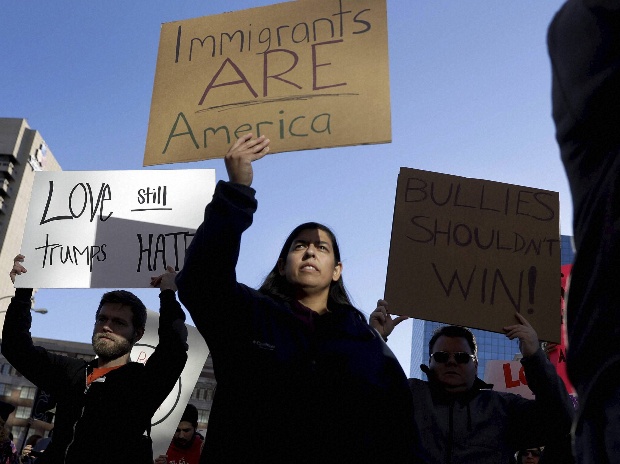
Much of the commentary about Michael Kremer, named this week as one of three winners of the Nobel Memorial Prize in Economic Sciences, has justifiably celebrated his pioneering work in studying poverty — even now, many of us believe, the planet’s greatest moral challenge. But an important 2011 Kremer paper, overlooked in the celebration, helps to shed light on another great challenge of our day: refugee policy.
His work helps explain the immigration pressures that have been roiling politics around the world. In the wake of the disaster in Syria and other crises, refugees have flooded Europe. Nationalist parties have responded by playing to the sentiment that migrants are stealing jobs. They promise tougher standards for immigrants, a stance with the potential to harm migrants fleeing persecution. The United Nations puts the number of people seeking refuge in the tens of millions.
In the U.S., worries about immigration helped swing the 2016 presidential election. The fear that economic migrants hurt wages among blue-collar workers may not be well-founded, but in recent years has been widely shared. Polling data suggest that sentiment may be changing, but to the extent that the fear of economic loss becomes the basis of immigration policy, refugees are likely to suffer from it.
“The Economics of International Refugee Law,” which Kremer co-authored with Ryan Bubb and David I. Levine, presents a useful model to explain why refugee policy tends to become such a mess, even if everyone starts out with the best of intentions.Kremer and his co-authors begin with a reminder that a nation that chooses to accept migrants fleeing political prosecution provides a public good from which other countries will benefit. The larger the number of countries that provide asylum, the less the incentives for others to do the same...READ MORE
No comments:
Post a Comment